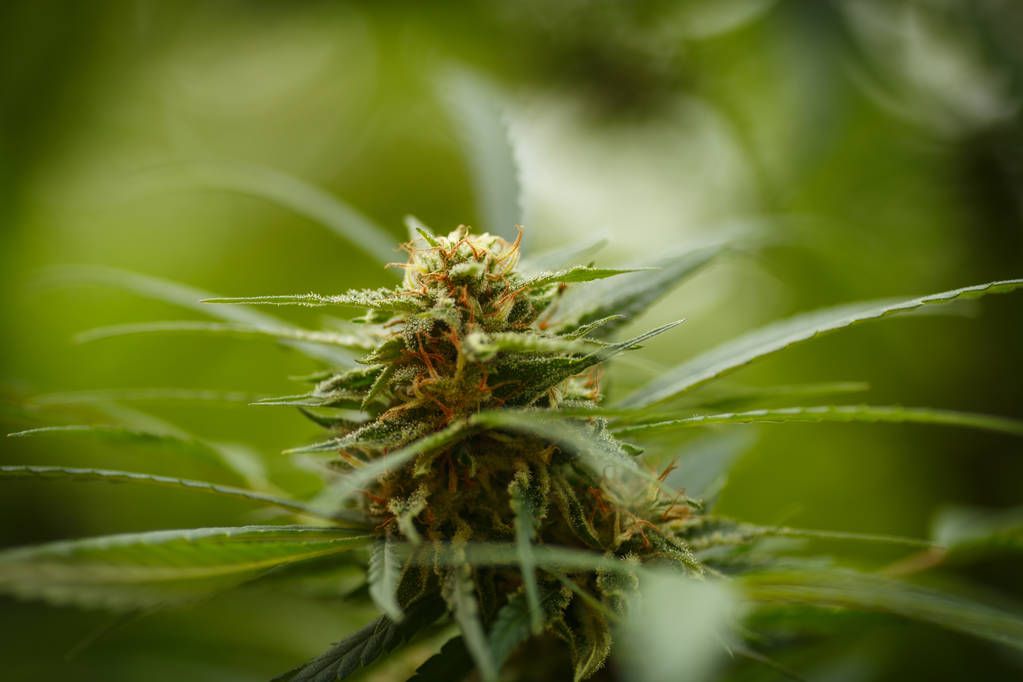Trulieve Cannabis Corp., a leading cannabis company in the U.S., today announced the opening of a new medical cannabis dispensary in Palm Coast, Florida.

The new location will be Trulieve’s 162nd dispensary in Florida, and their 230th nationwide. A grand opening celebration will be held Friday, January 31, beginning at 9 a.m., featuring music, specials, discounts, and opportunities to register for upcoming patient education sessions.
“We are proud to expand access to medical cannabis in Flagler County with this new, convenient location,” said Trulieve’s Chief Executive Officer Kim Rivers. “We look forward to providing Palm Coast patients affordable, high-quality products and world-class customer service.”
Continue reading














